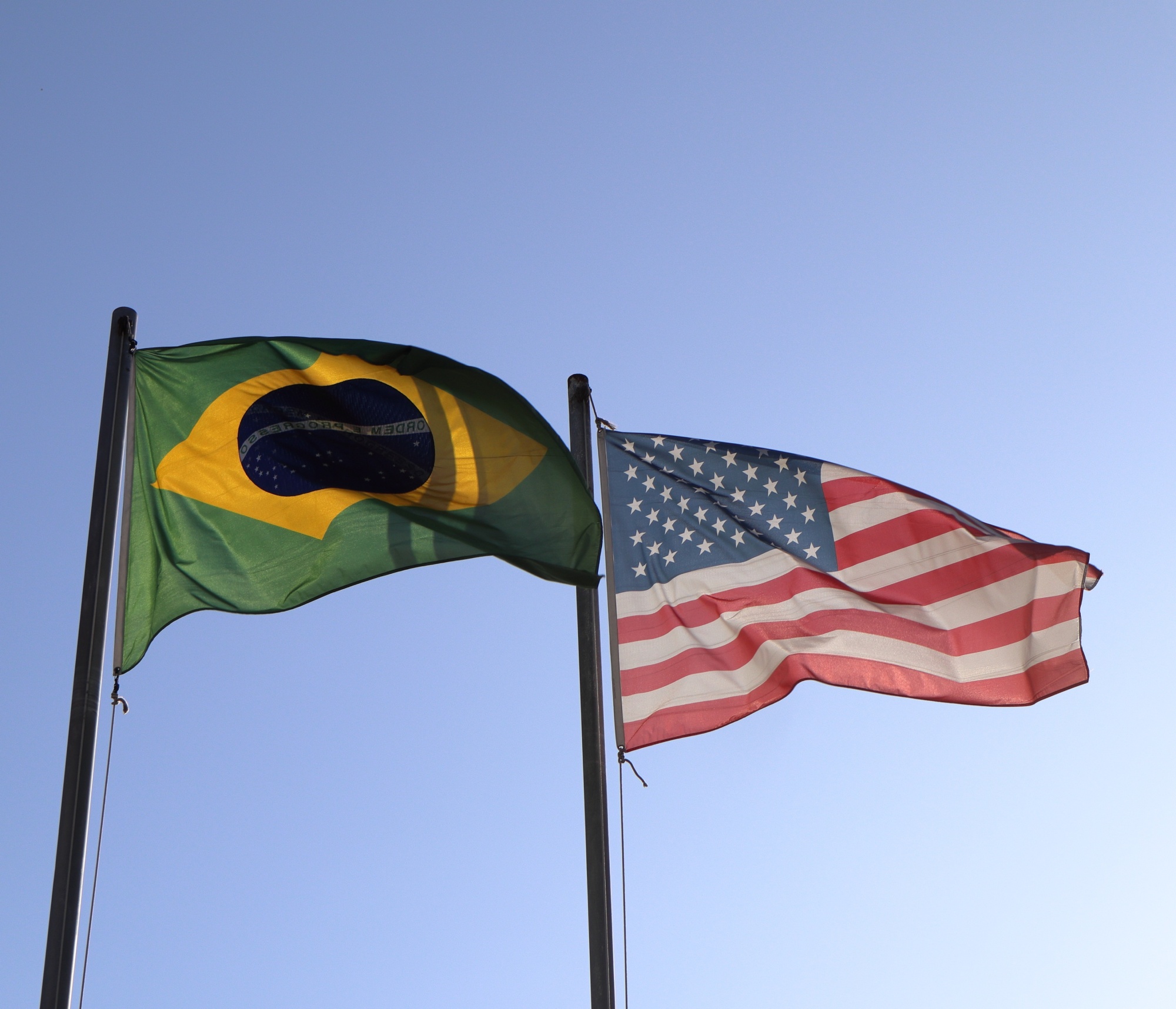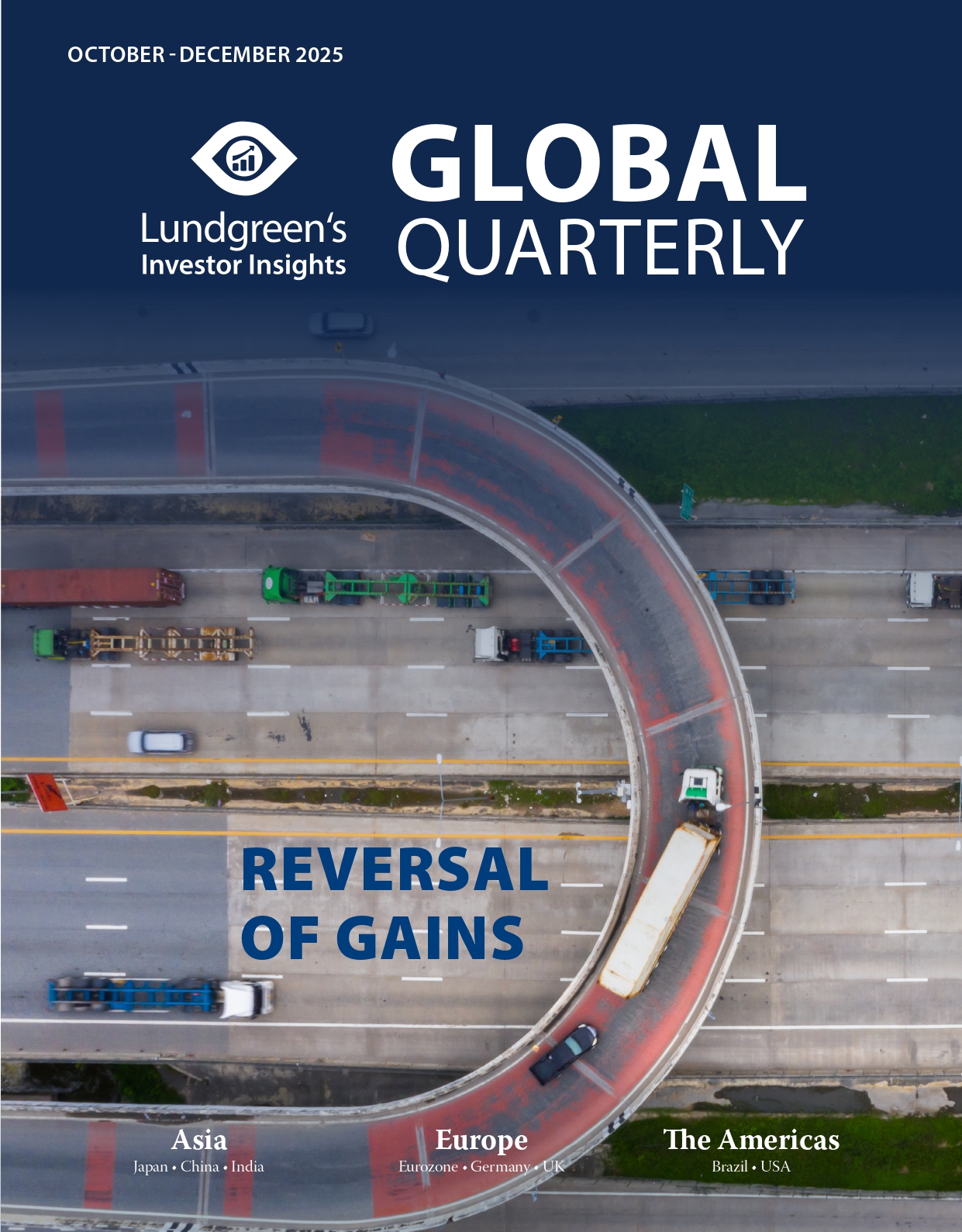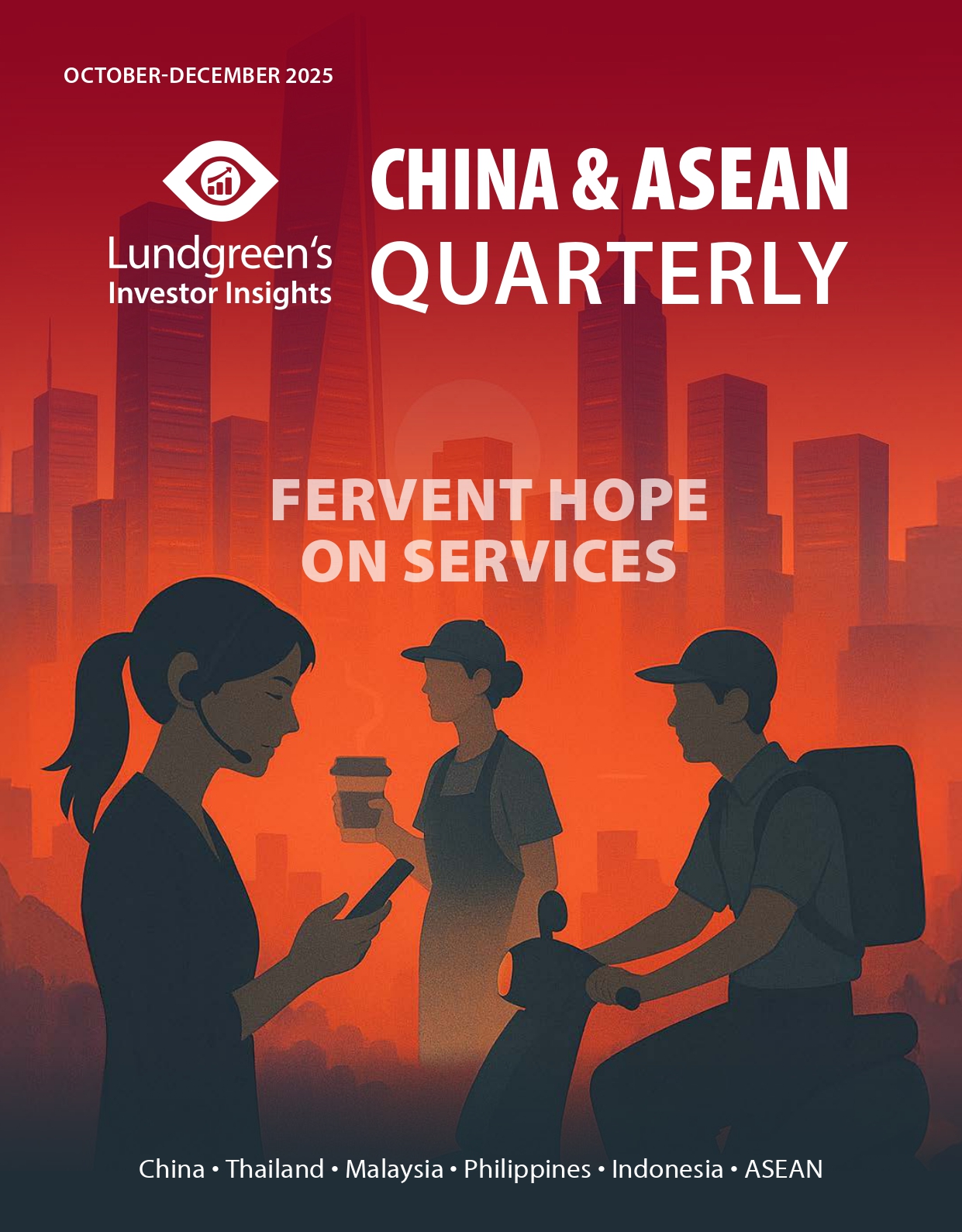Navigating Uncertainty: The US Presidential Race and Its Impact on Brazil-US Relations
If anything, the 10 September US presidential debate has only revealed how the race is more uncertain than ever. Some polls point to a win of Vice President Kamala Harris, with around 48 per cent chance of winning according to an average of individual polls, while former President Donald Trump’s average has hovered around 47 per cent as of 4 November. Although these national polls give insights about a candidate’s popularity across the country, they are not an exact prediction of the final result. Many things can change as the conclusion to the election draws near. However, questions remain regarding the candidates’ treatment of US bilateral ties with Brazil, as well as how investors can benefit from this uncertain scenario.
On one hand, Trump
A Republican victory would mean a more protectionist American policy. Inward-looking trade policies, manifested in higher import tariffs and lower domestic taxes, will become more likely by 2025 if Trump returns to the White House. This will strengthen the US dollar against emerging market currencies and commodity exporters as an initial response. Higher import duties would raise domestic prices, and this inflationary effect puts pressure on interest rates at a time when the Federal Reserve has just begun cutting rates from record-high levels. Elevated interest rates would also push yields on government bonds higher, which is exerting further fiscal pressure as the US continues to navigate a delicate fiscal situation with gross federal debt amounting to over 120 per cent of GDP.
It is possible that Trump’s return to the Oval Office could keep long-term interest rates in the US high and make it harder for the Brazilian real to appreciate. In this scenario, investors can take advantage of sectors that would benefit from Trump’s policies; for example, investments in the oil sector can be a good bet.
On balance, a Trump win could weaken the Brazilian real. Higher import taxes would hinder some sectors of the Brazilian economy such as agriculture, where Brazil is more competitive. The Republican candidate defends trade barriers, including blanket tariffs of 10 or 20 per cent as well as additional tariffs of 60 to 100 per cent on Chinese goods. Although Brazil will be affected by Trump’s protectionist measures, a new opportunity will arise to reinforce trade ties with China given that Trump initiated a trade war against the mainland during his administration and promised to double down on this if re-elected. President Luiz Inácio Lula da Silva has been working towards closer ties with China and the BRICS bloc, with Brazil looking to join the Belt and Road Initiative. China is currently Brazil’s largest trading partner, as seen in Graph 1.

On the other hand, Harris
Meanwhile, a presidential rule under Harris would see more expansionary economic policies in the US. Her main proposals include raising minimum wages and additional infrastructure investments that would raise public spending. Fiscal expansion tends to put pressure on inflation, which could force the Fed to maintain or raise interest rates to keep price movements under control in the coming years. This situation could be disadvantageous for Brazil and other Latin American countries. A slower pace of interest rate cuts by the US Fed can influence the timing of the Brazilian Central Bank (BCB)’s own rate recalibration.
As shown in Graph 2, Brazil began its rate cutting cycle in July 2023, more than a year ahead of the Fed as domestic inflation risks eased much earlier, and even raised rates in September 2024. As such, the possibility of future rate hikes in the US to temper inflationary effects owing to greater federal spending under Harris would have a greater impact on fund flows in Brazil. However, Brazil faces less pressure to cut rates with a loose fiscal policy that’s supporting economic growth. Meanwhile, higher US Treasury yields would make Brazil’s outstanding sovereign and corporate debt more expensive.

However, Harris’ win would benefit emerging markets better compared to a Trump victory as she has a friendlier approach on international trade, favouring global economic stability especially towards emerging economies with strong commercial ties with the US. Greater trade openness under Harris would ease pressure on the dollar as it facilitates greater global trade. In this case, Brazil-US bilateral ties will prosper with Harris in power, creating a more stable economic environment that may support a stronger Brazilian real.
The Fed’s way forward
Politics aside, easing inflation in the US coupled with mixed news of a declining unemployment rate and slowing job creation provide evidence for the Fed to reduce interest rates further after a 50-basis-point cut in September. However, maintaining a certain interest rate differential relative to the US attracts foreign capital. Given the current domestic context, the BCB has room to raise rates soon. The Brazilian economy grew by 3.3 per cent in the second quarter, outpacing market expectations, while wildfires across the country have elevated inflation risks yet again.
With Brazil’s main policy rate set at 10.75 per cent against the Fed’s 4.75-5 per cent key rate, a hike from the BCB would increase the rate differential and make Brazilian assets more attractive, and this would boost the real against the US dollar and thereby reduce import costs and temper inflationary risks in Brazil. This means opportunistic investors can still consider Brazil’s fixed-income assets, IPCA+6%, and government bonds as attractive options. Brazilian equities are currently cheap with the main IBOVESPA index trading lower year-to-date, providing an entry point for players to take positions in the stock market.







